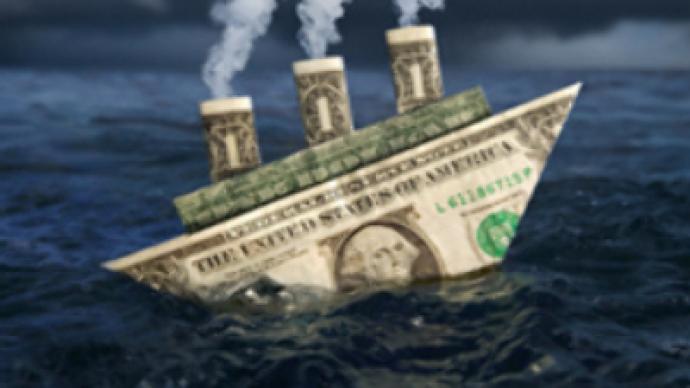Financial crisis: what no one wants to admit

It’s the financial crisis that has affected all of us in one way or another. However, it now looks like we may just be getting over the worst of it.
Argument still rages over whether a solution to the problem should involve a rescue plan for ordinary people on ‘Main Street’ first or for the financial giants of Wall Street.
Politicians everywhere are blaming the crisis on the evils of corporate greed, as they try to look like they are on top of the situation.
But while all this is going on, there are a few things about this whole mess that no one is going to admit to right now.
For starters, the mainly unregulated free market economy that operates in America is one that is always going to be geared towards the needs of people with money in the first place.
That is how this system is meant to operate and it is simply not going to change now, no matter how much taxpayers struggling with their mortgages want it to.
And while the concerns and worries of ordinary folks on ‘Main Street’ are certainly valid, what they do not realise is that to expect the system to suddenly now work in a way that puts their welfare ahead of those of Wall Street is naive.
In fact, many conservatives in the U.S. have attacked the idea of doing so as nothing more than socialism.
That’s not to say who is right or wrong here. People can make up their minds on that for themselves.
But to expect a traditional capitalist economy to miraculously display a new-found caring attitude towards regular working folks and put them ahead of banks in trouble is simply unrealistic.
On top of that is the other issue of just exactly how so many people got themselves into so much debt in the first place.
Here is where we run into another uncomfortable truth.
While there is no doubt that a lot of unscrupulous lenders indulged in predatory lending practices by making loans available to people who clearly could not afford them, it is also fair to point out that no one forced those people to take the loans in the first place.
What we have witnessed over the last few years is a staggering rise in personal debt fuelled by reckless consumer spending.
As far back as August 2007, research by world-respected accountants Grant Thornton in the UK showed that Britain’s total debt was higher then its gross national product (GDP).
It was estimated then that the amount of personal debt per person in the UK was about US $60,000 per head.
Similarly, the stock broking firm Goodbodys in Ireland has estimated that the average Irish person will have borrowed 158 euros against every 100 euros earned in wages by the end of this year.
Most of this was attributable to what has been described as the ‘spend now, pay later’ culture, with people running up huge debts on credit cards, remortgages or loans taken out against the value of their homes.
We may not want to face up to this but the unpleasant reality is that grossly irresponsible levels of personal spending have fueled the fire a great deal as we all charged out to buy the latest new iPod, laptop computer and big-screen plasma TV.
In July of this year George W. Bush was caught on camera trying to explain the credit crisis. The President famously said that “Wall Street had got drunk and now it’s got a hangover”.
If the truth be told, Wall Street was not the only one that got carried away with itself.
John Bourke for RT












